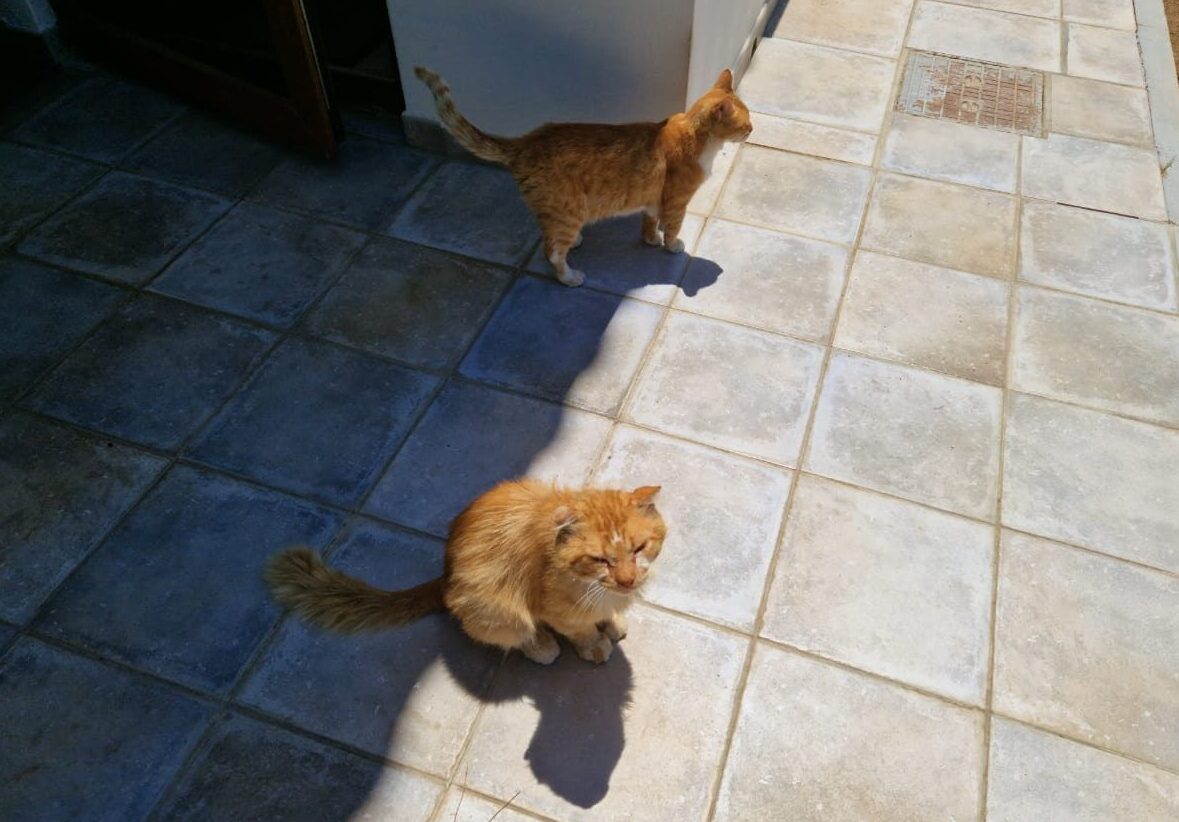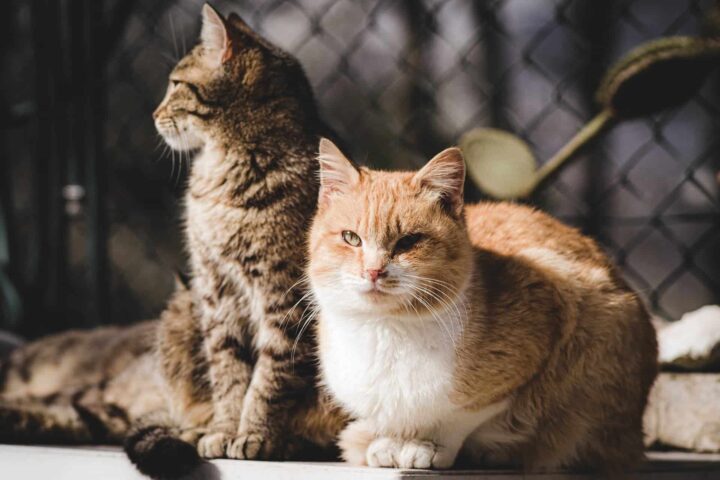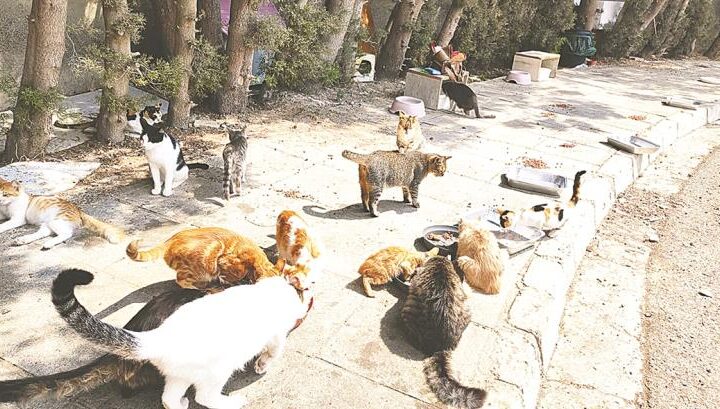Cyprus’ veterinarians have set up a working group to probe rising deaths amongst the cat population from Feline Coronavirus amid EU and UK concerns the killer disease could spread.
Earlier reports claimed Cyprus was turning into an island of dead cats, as experts and animal rights activists said the disease has likely killed almost a quarter of the million-strong population.
In comments to the Financial Mirror, Dr Demetris Epaminondas, vice president of the Pancyprian Veterinary Association, said that although their findings do not support these estimates, they are still deeply concerned.
Epaminondas argued that figures of up to 300,000 cat deaths reported by activists and animal rights organisations are way off the mark, as the association estimates they are in the low thousands.
The vet said the association’s survey of 35 veterinary clinics indicates an islandwide total of only 8,000 deaths.
“Numbers presented by local animal activists and amplified by foreign media outlets simply don’t add up.”
The first “significant spike” in cases was recorded in January, and they continued to rise until April 2023; since then, there has been a stabilising trend.
“However, the outbreak is one of the largest to be ever recorded in veterinarian bibliography,” said Epaminondas.
Deaths increased compared to previous years, noting that around 2,800 clinical cases were recorded in 2022 and 1,350 in 2021.
He said the outbreak is suspected to also spread across cat populations in nearby Lebanon, Israel and Turkey, but without studies, it cannot be confirmed.
“That is why we need to conduct studies to understand what we are dealing with and why the infection rate has increased so much compared to the previous outbreak, as the virus has been around for decades.
“We would have been seeing dead cats in the streets should have these figures were correct, which is not happening.
“We as vets would like to stress that we are not dealing with an outbreak the size reported by activists because we don’t want to spread an international panic for no real reason”.
The vet explained that many animals are adopted by people abroad, especially in the UK.
“Following the report, we have seen the first travel warnings for pets from authorities in the UK”.
In earlier comments to the Financial Mirror, the head of Cats PAWS Cyprus and vice-president of Voice for Animals said, “In some areas, we estimate that we have lost up to a third of the local cat population”.
“We have no real way of knowing the exact number of casualties, as cats, when seriously ill, withdraw themselves to isolated areas to heal or pass away,” said Dinos Agiomamitis.
Treatment
Spread through contact with cat faeces, neither the virus nor its mutation can be passed on to humans.
Once contracted by cats, the Feline Coronavirus mutates into the lethal Feline Infectious Peritonitis.
Specific medication that can treat the illness’s so-called “wet” and “dry” forms is very expensive.
However, Epaminondas said he was “optimistic” that the government would soon secure more medicine while approving other medications.
Currently, there are two treatment options for FIP.
An anti-COVID pill used in humans, called Molnupiravir, is not approved for animal use in Cyprus.
Another tablet approved for import in Cyprus, GS-441524, costs €3,000-7,000 for a cat weighing 3 to 4 kgs.
Animal rights groups are working with veterinary authorities to allow the import of cheaper drugs to treat FIP.
Reportedly, animal owners resort to the black market to bring medication for their beloved pets from Russia and India.
Cyprus is a cat-loving country whose history has long been intertwined with the furry creatures; archaeologists have found evidence of their domestication dating back 9,500 years.
At times it is claimed that Cyprus’ feline population is larger than the island’s of around one million humans.










